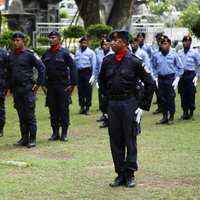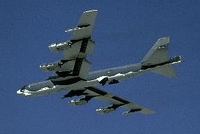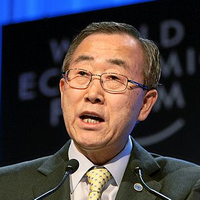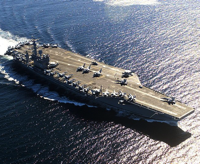
The U.S.-led economic reconstruction projects in both Afghanistan and Haiti, as well as similar United Nations efforts in Africa, the Balkans and Timor Leste, highlight the dismal track record of post-Cold War efforts to help countries transition from war or other forms of chaos to peace. Despite a few success stories, roughly half of the countries facing such transitions, according to the U.N., relapsed into conflict or chaos, leading to further human tragedy, large number of refugees and internally displaced populations (IDPs), and huge costs in new military interventions and peacekeeping operations. Furthermore, failed states have become incubators for terrorism, […]













